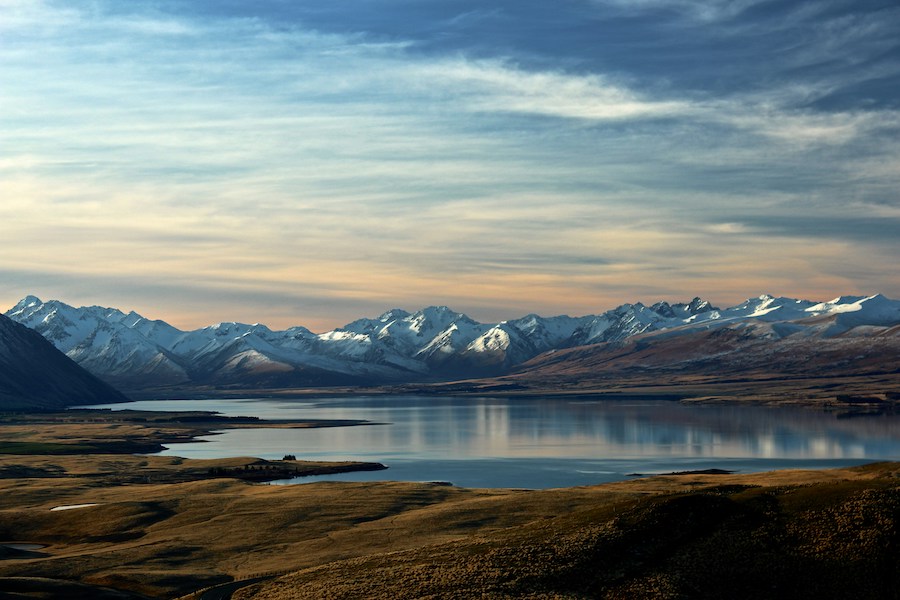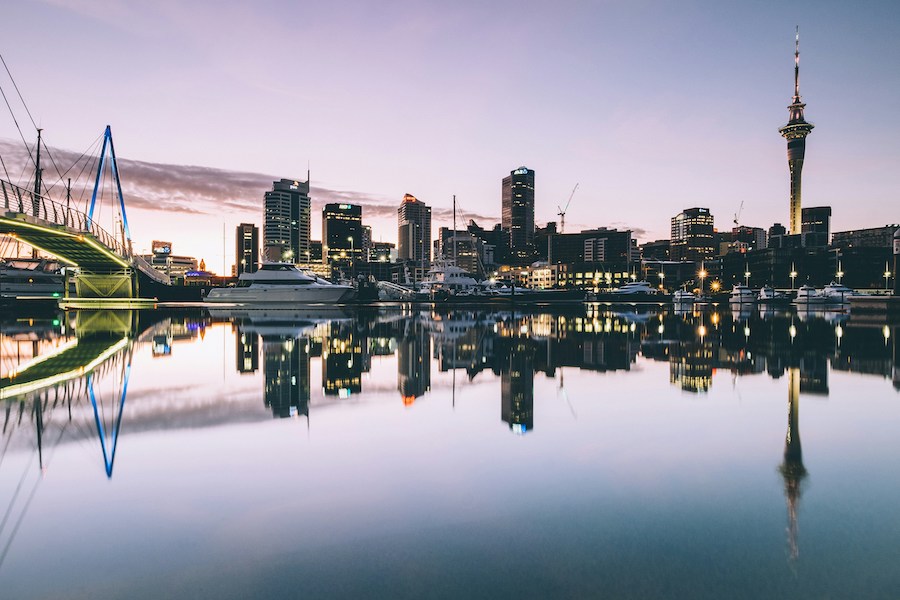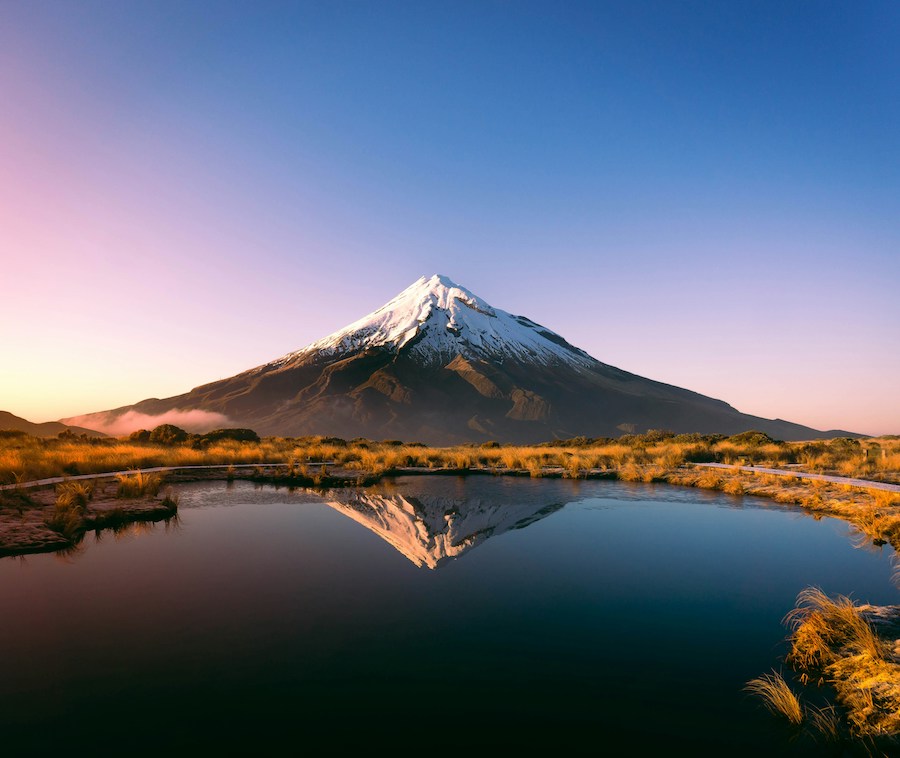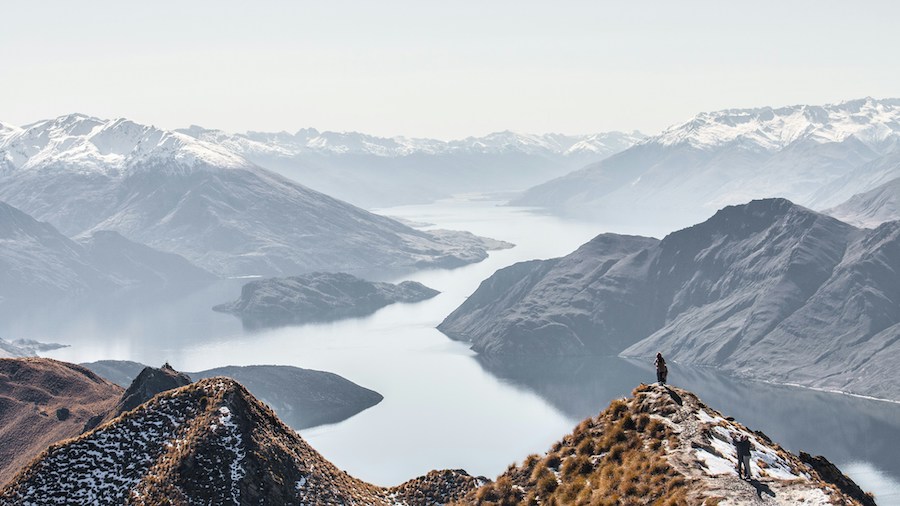New Zealand is a prime destination for senior travelers, offering a mix of breathtaking landscapes, friendly locales, and activities that cater to various interests and abilities.
Whether you’re looking for adventure or relaxation, New Zealand’s well-organized senior tours provide an array of options to ensure a memorable and comfortable experience.
Why New Zealand is Ideal for Senior Tours
New Zealand is globally recognized for its safe environment, hospitable people, and exceptional healthcare facilities, making it an ideal travel destination for seniors.
The country’s diverse offerings from tranquil beaches to gentle hiking trails and cultural tours ensure that there’s something suitable for every senior traveler.

Accessibility and Comfort
New Zealand tours for seniors are designed with accessibility in mind.
Many tour operators offer itineraries that reduce the need for extensive walking or strenuous activity, making them perfect for travelers who prefer a more relaxed pace.
Range of Activities
From cultural heritage tours to scenic cruises in Fiordland, the variety of activities available allows seniors to tailor their travel to their physical capabilities and interests.
Many tours also offer flexibility, giving seniors the choice to engage in as much or as little as they feel comfortable with.
Types of Senior Tours Available in New Zealand
Senior travelers can choose from several types of tours, including guided group tours, private tours, and self-driven options, each offering a unique way to explore the beauty of New Zealand.
Guided Group Tours
These tours are perfect for seniors who enjoy socializing and prefer having a structured itinerary.
They typically include a tour guide who is knowledgeable about New Zealand’s history and environment.
Private Tours
For those who seek a more personalized experience, private tours provide a bespoke itinerary that can be adjusted to suit personal preferences and pace.
Self-Driven Tours
For seniors comfortable with driving, a self-driven tour offers the ultimate flexibility to explore at one’s own pace, with the opportunity to linger at sites of interest or skip others as desired.

Best Time to Visit New Zealand for Seniors
Choosing the best time to visit New Zealand depends largely on the activities and experiences seniors are looking to enjoy.
New Zealand’s unique position in the Southern Hemisphere means it experiences seasons opposite to those in the Northern Hemisphere, offering distinct climates and opportunities throughout the year.
Spring (September to November)
Spring in New Zealand is a time of natural beauty, with flowers blooming and wildlife becoming more active.
The weather is generally mild, though it can be variable – sunny days may swiftly turn cool, and rain is common as seasons shift.
This is an excellent time for seniors who enjoy nature and prefer to avoid the larger crowds and higher prices that come with the peak tourist season in summer.
Attractions and parks are less crowded, making it easier to take leisurely strolls and enjoy the scenery at a comfortable pace.
Summer (December to February)
Summer is the most popular time for tourists, offering the warmest weather conditions and the most hours of sunlight.
This is ideal for seniors who want to make the most out of their day, with opportunities for cruising, fishing, or even just enjoying scenic drives across the country.
However, it’s also the busiest season, so popular spots can be crowded and prices for accommodation and activities can peak.
Seniors may find this time vibrant and lively, perfect for those looking for an active holiday with plenty of community events and festivals.
Autumn (March to May)
Autumn brings stunning foliage, particularly in areas like Central Otago and the Hawke’s Bay, which are renowned for their autumn colors.
The weather remains warm in the early part of the season but gradually cools down, making it a great time for those who prefer a cooler climate.
It’s an excellent season for outdoor activities such as hiking and cycling, as the reduced humidity and cooler temperatures make physical activities more comfortable.
Additionally, this season is quieter in terms of tourism, allowing for a more relaxed pace during travels.
Winter (June to August)
Winter in New Zealand is the prime time for snow sports, with the Southern Alps and several North Island volcanoes offering superb skiing and snowboarding.
The winter scenery is spectacular, especially in mountainous regions.
For seniors who aren’t interested in winter sports, the North Island offers milder winters, ideal for exploring cultural sites without the chill of the south.
Senior travelers should be prepared for shorter days and colder weather, but can enjoy the benefit of the least crowded tourist period and potentially lower prices.
Overall Considerations
Each season in New Zealand offers unique experiences and climates.
Seniors should consider their health, the type of activities they are interested in, and their preferences for crowd sizes when deciding on the best time to visit.
Additionally, packing appropriately for the season and checking in advance for any seasonal closures or limitations can help ensure a smooth and enjoyable trip.
Whether enjoying the lush greenery of spring, the vibrant sun of summer, the golden hues of autumn, or the crisp air of winter, New Zealand offers a wealth of opportunities for senior travelers year-round.

Planning Your Trip: What Seniors Need to Know
Planning a trip to New Zealand can be a thrilling adventure, but it’s important for seniors to consider a few key aspects to ensure a comfortable and enjoyable journey.
From health considerations and insurance to packing and respecting local customs, here’s what you need to know:
Travel Insurance and Health Preparations
Travel insurance is a must for any international traveler, but it’s especially important for seniors.
Ensure that your policy covers medical expenses, trip cancellations, and any specific medical needs you might have.
It’s also wise to check if your insurance provides coverage for emergency repatriation, should you need to return home quickly due to health issues.
Before traveling, consult with your healthcare provider to discuss any vaccinations you might need and to gather sufficient supplies of any medications you’re currently taking.
Medications should be kept in their original packaging to avoid any issues at customs and should include clear labels.
Also, consider carrying a letter from your doctor explaining your medication requirements and conditions, as this can be helpful for border control and in case of a medical emergency.
Packing Essentials
When packing for New Zealand, it’s important to consider the varied climate.
Layers are your best friend because temperatures can fluctuate significantly between day and night, and as you travel between regions.
Essentials include:
- Lightweight, breathable clothing that can be layered.
- Waterproof jacket for sudden rain showers.
- Comfortable walking shoes with good grip.
- Sun protection, such as a hat, sunglasses, and sunscreen.
- A reusable water bottle to stay hydrated.
Given New Zealand’s strict biosecurity laws, avoid packing any food items or materials that could violate these regulations, such as certain fruits, seeds, or animal products without declaring them.
Accessibility and Mobility
New Zealand is well-equipped to handle tourists with varying levels of mobility.
Most major tourist sites, accommodations, and transport options cater to those with limited mobility, including those who require the use of wheelchairs.
When booking tours and accommodations, explicitly inquire about accessibility features to ensure they meet your specific needs.
Cultural Etiquette
Understanding and respecting local customs and traditions enrich the travel experience. In New Zealand, the Māori culture is an integral part of the nation’s heritage.
A few tips include:
- Be respectful when visiting Māori cultural sites. Always ask permission before taking photos, especially during cultural performances.
- It’s customary to remove shoes before entering a Māori meeting house (marae).
- Engage with local traditions and ceremonies if invited, as it’s a sign of respect and can be a profoundly enriching experience.
Safety and Emergency Preparedness
New Zealand is one of the safest countries in the world for travelers.
However, it’s still important to follow general safety tips:
- Keep emergency contact numbers handy, including that of your home country’s embassy or consulate.
- Be aware of the local emergency services number (in New Zealand, it’s 111 for police, fire, and ambulance).
- Stay informed about the local weather and geological activity, especially if visiting areas known for seismic activities or extreme weather conditions.
By carefully planning your trip and considering these important aspects, senior travelers can enjoy a safe, comfortable, and memorable visit to New Zealand.
Whether exploring the bustling cities, the serene countryside, or engaging with the rich cultural heritage, being well-prepared will enhance your experience.
Travel Insurance and Health
Securing comprehensive travel insurance that covers medical expenses and evacuation is crucial for senior travelers.
It’s also advisable to consult with a healthcare provider to ensure all necessary vaccinations are up-to-date.
Packing and Cultural Etiquette
Packing light with layers is recommended due to New Zealand’s variable weather. Understanding and respecting local customs and traditions, such as the Māori Hongi greeting, will enrich your travel experience.

Top Destinations for Seniors in New Zealand
Rotorua
Known for its geothermal activity and rich Māori culture, Rotorua offers plenty of senior-friendly activities, including hot springs and cultural shows.
Queenstown
For the more adventurous senior, Queenstown provides opportunities for gentle hikes and scenic boat tours, all tailored to a more leisurely pace.
Milford Sound
A cruise through Milford Sound is not to be missed, with its stunning fjords and waterfalls easily accessible from the comfort of a cruise ship.
Accommodation and Transportation for Seniors
Accommodations
Choose from a range of senior-friendly accommodations, from luxury hotels to more quaint bed-and-breakfasts that offer comfort and accessibility.
Transportation
Coach tours are a popular option among senior travelers in New Zealand, offering convenient travel between destinations along with guided commentary about the scenic locations visited.
Eating Out in New Zealand: A Guide for Seniors
New Zealand boasts a variety of dining options that cater to different dietary needs. Restaurants typically offer high cleanliness standards, with many providing local and international cuisine.
Safety Tips for Senior Travelers in New Zealand
While New Zealand is one of the safest countries in the world, it’s still important for seniors to take common-sense precautions, especially when exploring outdoors. Always check the weather forecast and tour operator credentials to ensure a safe and enjoyable trip.
FAQs
What are the medical facilities like in New Zealand?
New Zealand has high-quality medical facilities, comparable to those in other developed countries, and is well-equipped to handle any emergencies that may arise during your visit.
Are there any senior discounts available for tours or attractions?
Many tour operators and attractions offer senior discounts, so it is worth inquiring when booking your tours or purchasing tickets.